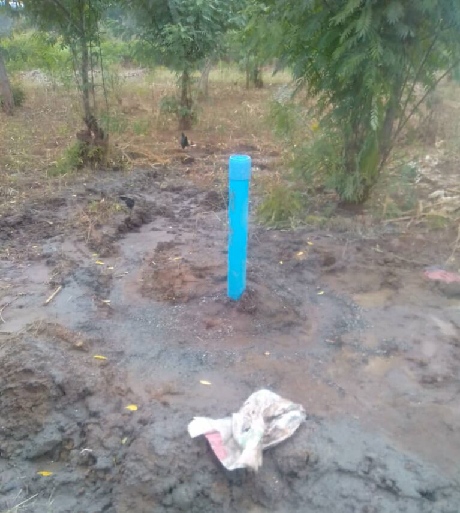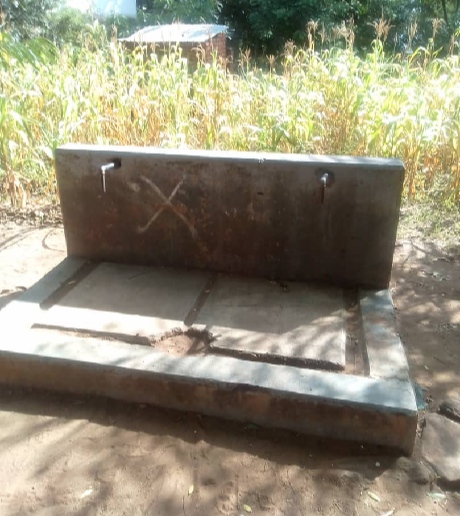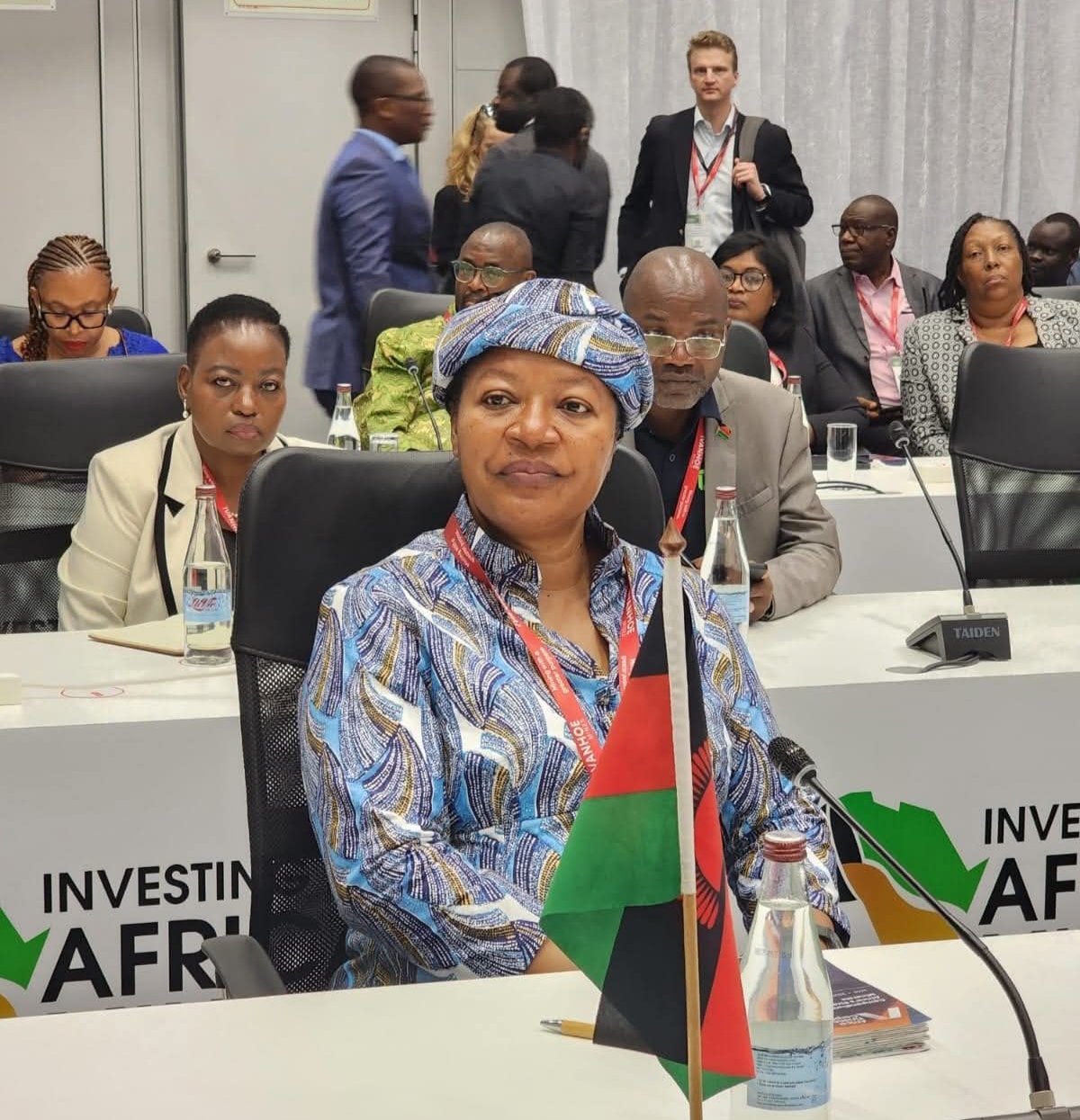By Mabvuto Kalawa, Correspondent – Malawi Freedom Network
A massive water scarcity has hit Nathenje Trading Centre in Traditional Authority Chadza, Lilongwe District, leaving residents in panic and threatening the lives of surrounding communities.

Many households are struggling to access safe water, with long queues forming at the few functioning water points. A random survey conducted by this reporter revealed that most boreholes in the area have dried up, forcing women and children to travel long distances in search of water.
Villages such as Dilawo, Namikoko, Maye, Dunde, and Katemera were among those surveyed, where residents were seen waiting for hours with buckets lined up at dry boreholes.
The crisis is worsened by the collapse of the Nathenje Water Users Association, which was established in 2013 under the National Water Programme with funding from Australian Aid during Joyce Banda’s administration. The association’s mandate was to supply safe and portable water to schools, health centres, markets, and communities. However, it has failed to deliver on its mission.
Board members were banned and staff dismissed after being deemed incompetent, but mismanagement and corruption within the association have left the water system in disarray. Instead of focusing on public institutions, the personnel allegedly concentrated on connecting water to private households, which was outside their mandate.
Community members interviewed expressed frustration. One woman said the association employed unqualified personnel, which led to negligence and mismanagement of funds. Another resident, Mrs. Daka from Dilawo Village, accused the association of corruption and poor leadership.
“Our worry now is that there may be an outbreak of waterborne diseases due to the scarcity of water,” one concerned woman said.
A teacher from a local primary school echoed the frustrations, stating that since water was connected to the school, not even a single day had they accessed the precious commodity.
Senior Group Village Headman Dilawo also raised concern, lamenting that women were suffering as they woke up early every morning to draw water. He added that even well-wishers had once donated a water pump, but management failed to take care of it.
Efforts to contact board members for comment were unsuccessful, as their phones went unanswered.
The community is now calling on authorities to intervene urgently to restore water supply, ensure accountability, and employ qualified technicians to manage the association effectively.
Unless swift action is taken, residents fear that Nathenje could face outbreaks of waterborne diseases and worsening social and economic hardships.




